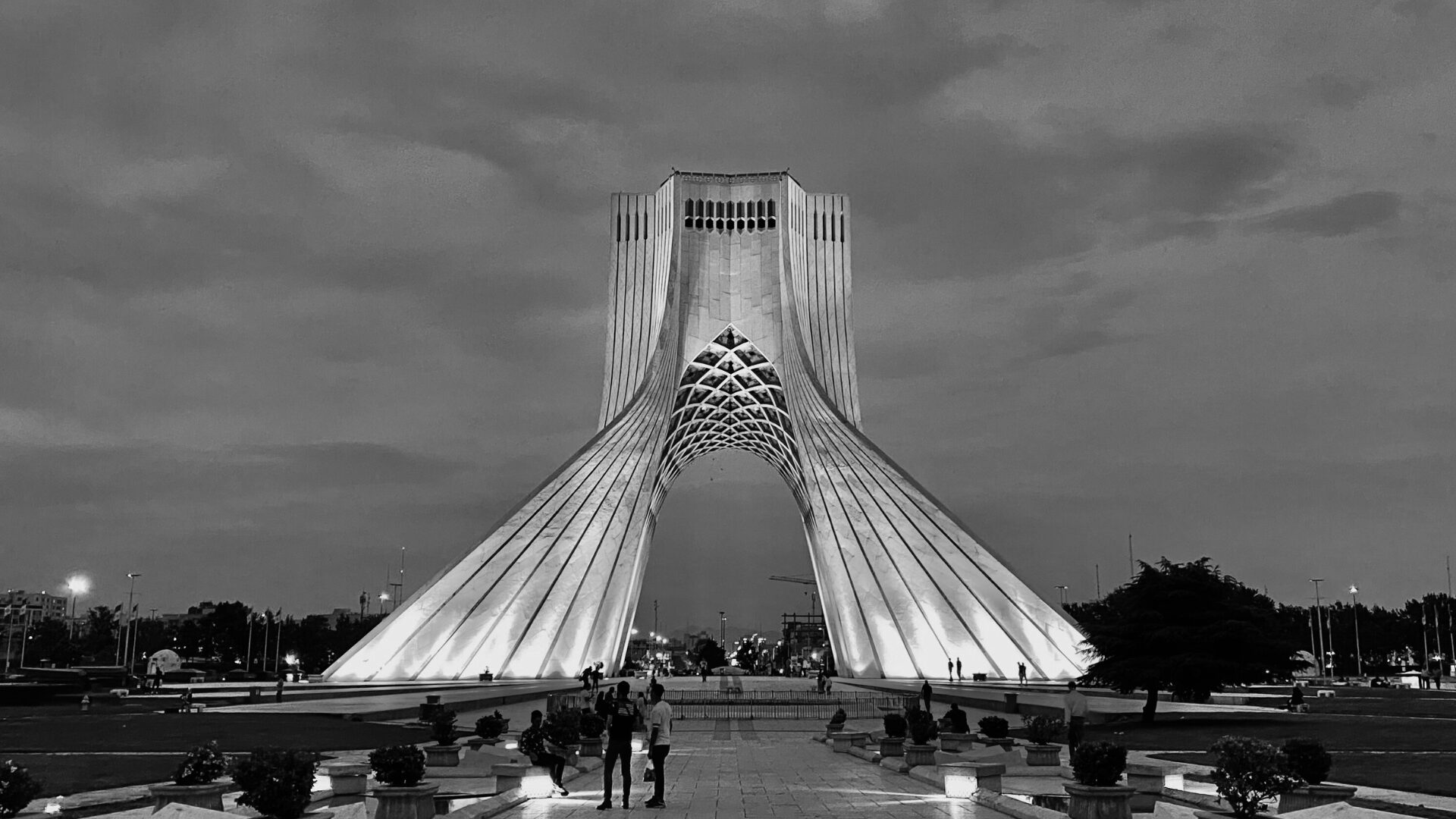Date first published: 26/09/2024
Key sectors: all
Key risks: war-on-land; regional escalation; geopolitical tensions
Risk development
On 10 September Washington accused Tehran of supplying Moscow with ballistic missiles, stating that Russia had received the deliveries and would likely deploy them in its ongoing invasion of Ukraine within weeks. In response, Washington imposed sanctions on nine Russian-flagged vessels as well as companies allegedly involved in the missiles’ delivery and military cooperation between Moscow and Tehran. The United Kingdom (UK), France and Germany also sanctioned Iran’s flag carrier Iran Air, halting all flights to the country. Tehran and Moscow denied the accusation, labelling it as “baseless” and “false and misleading”. On 13 September Tehran summoned the UK, French, German and Dutch Ambassadors to Iran to protest the accusations.
Why it matters
If the claims are true, Iran’s delivery of ballistic missiles to Russia would further frustrate Western efforts to isolate Russia and prevent it from procuring weapons for its ongoing invasion of Ukraine. Western officials stated they would consider the move a major escalation, with the alleged deliveries taking place as Kyiv’s Western allies debate whether to allow Ukraine to use their long-range weapons for strikes within Russia – a move Moscow in turn considers an escalation.
Russia and Iran’s military collaboration also signals the increasing entanglement of the European and Middle Eastern theatres of war. Western officials fear that allowing Kyiv to strike Russia with Western-supplied weapons may prompt Russia to escalate the war asymmetrically – for example, by arming the Iranian-backed Huthis in Yemen amid their ongoing attacks on shipping in the Red Sea in response to Israel’s ongoing assault on Gaza. These concerns appear to be already materialising. On 24 September reports emerged that Tehran mediated secret negotiations between Moscow and Huthi militants for the potential transfer of advanced anti-ship missiles, which would enhance the Huthis’ ability to target commercial vessels and increase threats to United States (US) and European Union (EU) warships in the Red Sea.
Background
Russia and Iran have deepened their military cooperation and economic ties over the past decade – despite their historical animosity and little ideological affinity – as both sides have engaged in a growing geopolitical confrontation with the US. This alignment has also increasingly included China and North Korea, although largely through bilateral ties rather than a unified alliance, prompting some Western officials to characterise them collectively as a new “Axis of Autocrats” in reference to the Axis powers in World War II. The new axis enables the collective resistance of regional powers like Russia and Iran – which seek to expand their respective regional “spheres of influence” – to US hegemony.
Despite their military ties dating back to the Soviet era, and Russia assisting Iran’s nuclear development program in the 1990s, Russo-Iranian alignment only began to decisively strengthen following Russia’s 2014 annexation of Crimea and Western retaliatory sanctions over the move. In 2015 Russia revived a major missile defence system deal with Iran, which along with Moscow’s use of Iranian airbases to conduct strikes in Syria in 2016 marked a new level of cooperation between the two sides. Their increasing isolation on the international stage has drawn Moscow and Tehran further into each other’s arms; Russia surpassed Iran as the world’s most heavily sanctioned country following Moscow’s invasion of Ukraine in February 2022, which prompted an unprecedented level of Western sanctions.
Risk outlook
Despite reformist Iranian President Mazoud Pezeshkian’s recent statements indicating that Tehran is open to negotiations with the West on easing sanctions and returning to the 2015 Iran nuclear deal, Russia and Iran’s military ties are likely to deepen as Moscow attempts to regain the momentum in Ukraine while Iran finds itself increasingly drawn into a regional conflict with Israel. Should Western leaders decide to allow Kyiv’s use of their long-range missiles to strike Russia, Moscow would strongly consider finalising a deal to arm the Huthis. The cycle of escalation will continue unless a diplomatic effort prompts negotiations in either theatre of war.
Members of the AKE Community receive one Analytical Briefing a week on the most pressing developments from across the world. If you want to receive such a briefing every week and much more, become a member of the AKE Community today!

